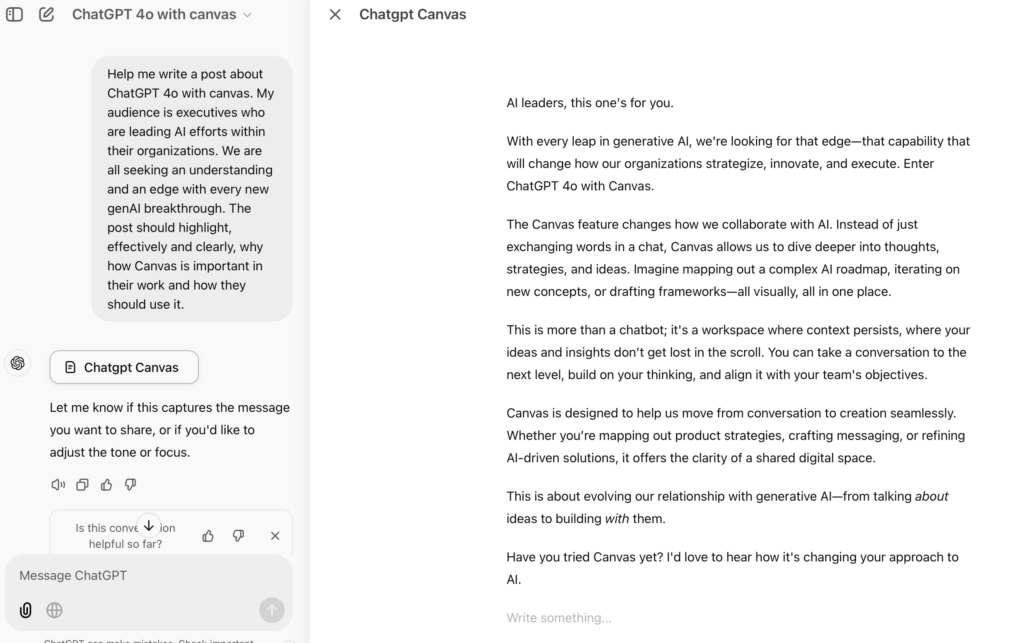This week, I had a conversation with Mrs. Kodey Bogart. As a helicopter pilot, aviation safety expert, motivational speaker, author, and...

This week, I had a conversation with Mrs. Kodey Bogart. As a helicopter pilot, aviation safety expert, motivational speaker, author, and aviation doctoral student, Mrs. Bogart has a vast and diverse experience in the aviation industry.
She was kind enough to take time out of her busy schedule to respond to my questions and share her insights. I hope you will find this interview as inspiring as I did!
First of all, thank you so much for doing this. You have done so many incredible things in your career.
Thank you, and yes, I like to stay busy. In fact, I'm in the process of starting a non-profit called the Space Coast Women in Aviation Alliance (SCWAA), which is made up of a bunch of local professional women in aviation who get together and help mentor young girls in particular to show them the diverse career opportunities in aviation. It's not just about pilots. There are so many opportunities in the aviation industry.
Yes, that's one of the things I've discovered over the past year thinking about my own career path. I also saw that you recently published a book called, "Helo Girls: The Firefighting Pilot," which is already available for pre-order. Is that linked to the non-profit?

The book is a separate venture and something that I've thought about for years. As a mom, I was frustrated that, at first, it was tough to come across children's books about helicopter pilots, and secondly, they contained certain inaccuracies. So, I wanted to write a book that accurately reflects the reality of flying a helicopter. As I am focused on aviation safety, I also wanted it to be safety-forward. You may or may not be familiar with the term PAVE; it stands for Pilot, Aircraft, Environment and External Pressures:
P, for Pilot, to ensure the pilot has the required experience, recency, currency, and physical and mental state.
A, for Aircraft, is to ensure the aircraft has the required and current documents and equipment on board and performance to meet the needs of the mission.
V, for enVironment, is to ensure the pilot has evaluated the weather for the flight, as well as the types of terrain, airspace, and any special flying conditions.
E, for External pressures, ensures the pilot recognizes the influence of external factors that may add risk to the flight.
In the book, the pilot, Abby, goes through the checklist with the reader, who I call the observer, and then the observer is introduced to air traffic control, ground maintainers, and everybody who is part of the crew. The book also goes through PAVE, and then they go out to do the mission, and when they come back from the flight, they do a debrief – So, it really has a logical flow.
The book is going to be part of a series. Each book will have a different female pilot doing a different helicopter mission. However, the book isn't really about the pilots specifically. It's about helicopter missions, and it just so happens that the pilot is a girl. I don't introduce myself as a female pilot when I go out in public and talk to people. I just call myself a pilot, right? And it's the same thing in the book.
That's great! I love that you show that kind of realism to kids and that you normalize the notion of female pilots.
I like that you use the word "normalize" because I never really thought of that, but I guess that's part of what I'm doing with the book.
Perhaps going back to your earlier career, could you tell me how you got into aviation in the first place? What made you become a helicopter pilot?
I joined the military when I was 17 and was always interested in aviation. However, I discovered I could not be a pilot because of my eyesight. So, I ended up working in Human Resources, but everyone knew I loved aviation. A few years later, the Army and the Navy got together on a research study for laser eye surgery in 2004, and somebody encouraged me to become part of the study. I was able to go to flight school after the surgery. I could finally realize my dream of becoming a helicopter pilot.
What type of helicopter did you fly?
In the military, I flew medical evacuation missions in the UH-60 Black Hawk.
Wow… that's so cool! Do you have any advice for young people who want to pursue a career in aviation?
Networking is essential. Don't be afraid to socialize. Become part of local aviation networks and groups. It can make a massive difference in your career. Thousands of people may apply to a job vacancy, but if you know someone there who can say, "Hey, we should interview this person," that makes a complete difference. Secondly, don't be afraid of risks and taking a leap of faith. And I don't mean risks, as in driving your car fast or doing something reckless. I mean, believing in yourself and taking a chance to pursue your dreams. And sometimes you may fall, but pick yourself up again and keep moving forward.
Yes, that's excellent advice. And in fact, that's sort of what I'm trying to do through my blog. I've learned so much through my interactions with different people, and it's just been an amazing experience.
Can you tell me what skills have been most important to you in your career so far?
Listening. I don't think I spent enough time listening in the earlier years of my career. I was too busy showing everybody I knew what I was doing and could lead. So, I think I could have listened more to those subordinates under me and my leadership above me to be a better leader and improve myself—secondly, integrity. Don't be afraid to say no. If something doesn't feel right to you, it probably isn't. Have the integrity and personal fortitude not to do something you think is wrong. Stick to your values while also listening to others because sometimes there are different ways to do things, and both may be right. And it's important to realize that and be able to look at things from different perspectives. For example, I can speak with companies and say, "I have seen five different ways of doing this. Let's see which method may be best for you?" instead of saying, "It has to be this way, and that's the only option."
What would you say is your best memory of your career journey to date?
Oh, I have so many… it's hard to say. I did so many meaningful missions while in the military. But I'll give you two:
In the military, you're not a pilot in command until you have a minimum of 500 hours of flight time, and you must complete varying check rides and be nominated by your peers, so it's a big ordeal. So, my first pilot-in-command flight was in combat in Iraq. When I came back to my base, they hosed my helicopter down, and it was just an incredible experience to feel like I had achieved that milestone and that my peers supported me and organized all that for me.
Another great memory that comes to mind was just a couple of weeks ago when I got the first copy of my children's book, and I got to read it with my son. It was really cool to see that hard work come to fruition and to be able to share it with my family.
Yes, I can imagine that must have been really rewarding.
Thank you so much for taking the time to talk with me. It's been very inspiring, and I wish you all the best in your new endeavors.













